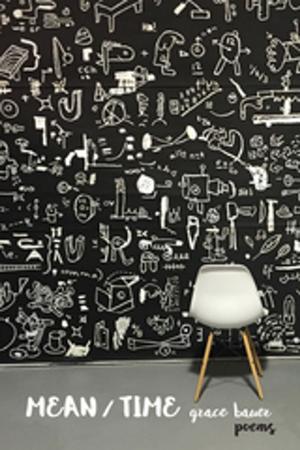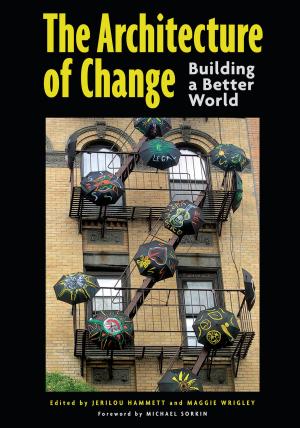Fractal Architecture: Organic Design Philosophy in Theory and Practice
Nonfiction, Art & Architecture, Architecture| Author: | James Harris | ISBN: | 9780826352026 |
| Publisher: | University of New Mexico Press | Publication: | June 16, 2012 |
| Imprint: | University of New Mexico Press | Language: | English |
| Author: | James Harris |
| ISBN: | 9780826352026 |
| Publisher: | University of New Mexico Press |
| Publication: | June 16, 2012 |
| Imprint: | University of New Mexico Press |
| Language: | English |
Throughout history, nature has served as an inspiration for architecture and designers have tried to incorporate the harmonies and patterns of nature into architectural form. Alberti, Charles Renee Macintosh, Frank Lloyd Wright, and Le Courbusier are just a few of the well- known figures who have taken this approach and written on this theme. With the development of fractal geometry--the study of intricate and interesting self- similar mathematical patterns--in the last part of the twentieth century, the quest to replicate nature’s creative code took a stunning new turn. Using computers, it is now possible to model and create the organic, self-similar forms of nature in a way never previously realized.
In Fractal Architecture, architect James Harris presents a definitive, lavishly illustrated guide that explains both the “how” and “why” of incorporating fractal geometry into architectural design.
Throughout history, nature has served as an inspiration for architecture and designers have tried to incorporate the harmonies and patterns of nature into architectural form. Alberti, Charles Renee Macintosh, Frank Lloyd Wright, and Le Courbusier are just a few of the well- known figures who have taken this approach and written on this theme. With the development of fractal geometry--the study of intricate and interesting self- similar mathematical patterns--in the last part of the twentieth century, the quest to replicate nature’s creative code took a stunning new turn. Using computers, it is now possible to model and create the organic, self-similar forms of nature in a way never previously realized.
In Fractal Architecture, architect James Harris presents a definitive, lavishly illustrated guide that explains both the “how” and “why” of incorporating fractal geometry into architectural design.















